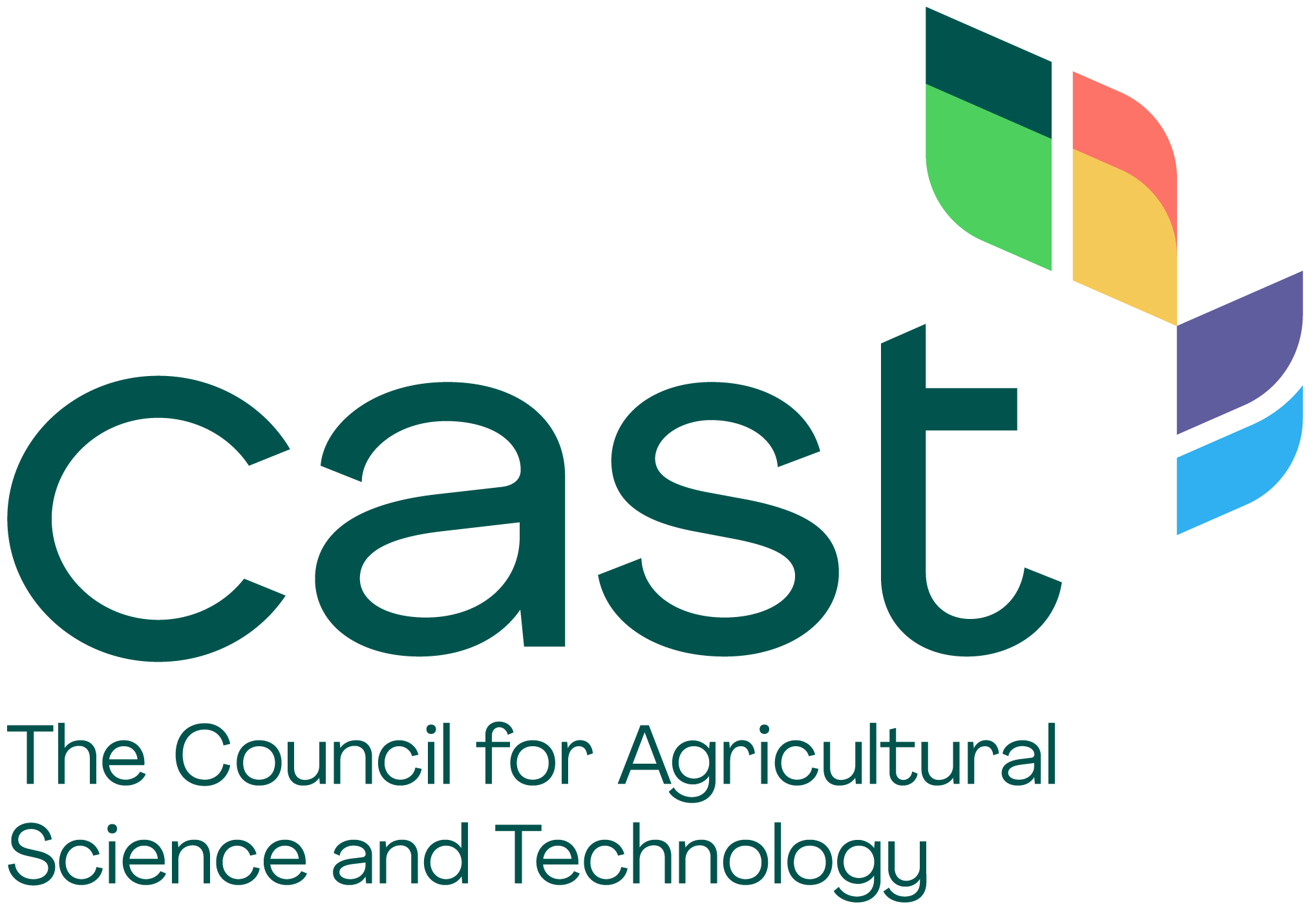By Dirk C. Drost
Ph.D., CAST Board Chair, The Minor Use Foundation, non-profit member of CAST
Imagine a food and agriculture system that recognizes specialty crops – fruits, nuts, vegetables, herbs and spices – are essential to nutritional security, sustainable agriculture and biodiversity. These are high value crops with cultural importance that are important for trade and economic growth in developing and developed economies.
Unfortunately, they are often overlooked in agricultural and trade policy. Specialty crops are often not viable investments for crop protection companies to spend resources to pursue regulatory approvals and registration standards for newer, safer technologies. The result is that there are substantially fewer crop protection products registered and available for use by specialty crop growers around the world. Without crop protection tools, farmers suffer greater crop losses leading to fewer growers, less production, less dietary diversity, and higher prices for nutritious foods. This is especially true in smaller or developing countries which can have inadequate funds, R&D capability, and a challenging regulatory environment. The Minor Use Foundation serves specialty crop growers in developing economies in Asia, Africa and Latin America by providing technical aid and helping them meet trading standards that allow access to international markets.
We do this by building global partnerships with crop protection companies, governments, universities, growers and grower groups to improve access to crop protection technologies for fruits, vegetables, nuts and spices in developing countries. We do this by identifying needs, conducting research, building awareness of crop protection challenges and creating a more connected ecosystem to support growers and their livelihoods.
To accomplish these goals, we conduct and report scientific studies or leverage existing studies to obtain specific registrations that facilitate gaining international trading standards; conduct priority setting sessions internationally; facilitate data sharing; and, convene internationally recognized experts in service of these goals.
Our values include honesty, transparency, and integrity. We believe in the transformational power of science and technology. We prioritize safety, health and the environment. We are committed to supporting international standards that promote free trade in agricultural products. We invest in partnerships with our stakeholders and employees and train them to be collaborators and leaders.
Please join us in this journey by donating time, experience, and resources to help us achieve our goals.
About Voices of Agriculture
The Voices of Agriculture series is designed to provide a platform for diverse perspectives on issues, trends, and experiences within the agricultural community. These articles aim to foster dialogue, share insights, and highlight the many voices that contribute to the ongoing conversation about agriculture and its future.
Disclaimer
The opinions expressed in this article are solely those of the author. They do not necessarily represent the views, positions, or policies of the Council for Agricultural Science and Technology (CAST). CAST provides this space to encourage thoughtful discussion, but does not endorse any specific viewpoints shared in these pieces.





